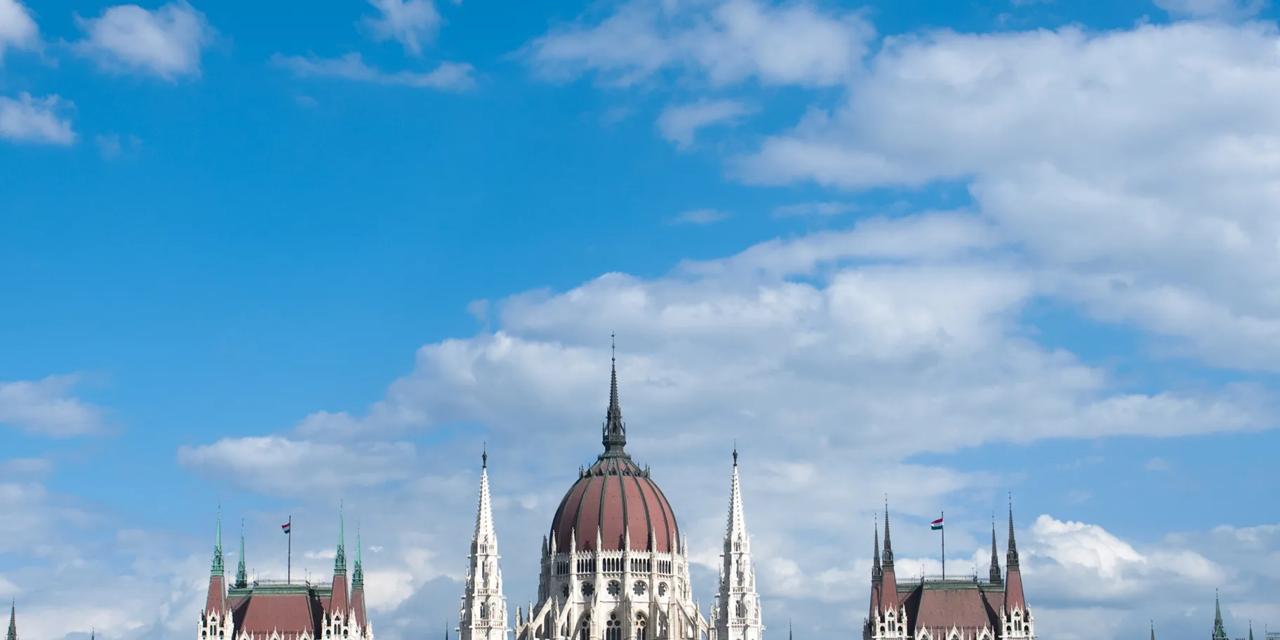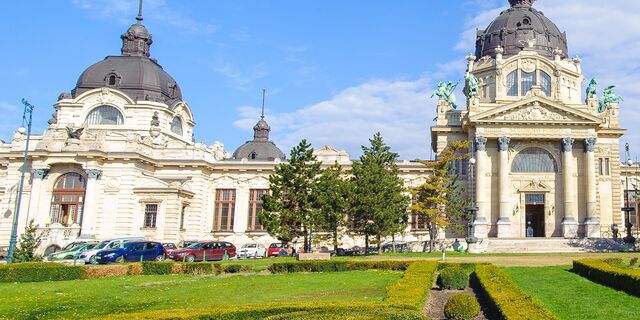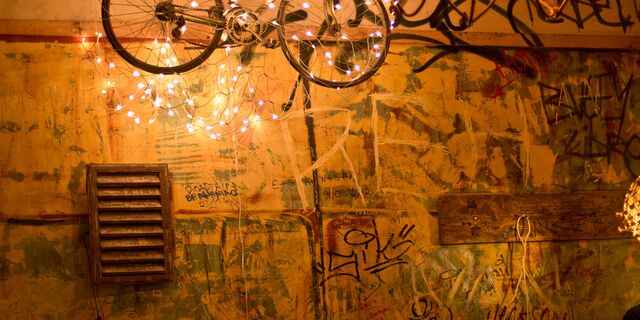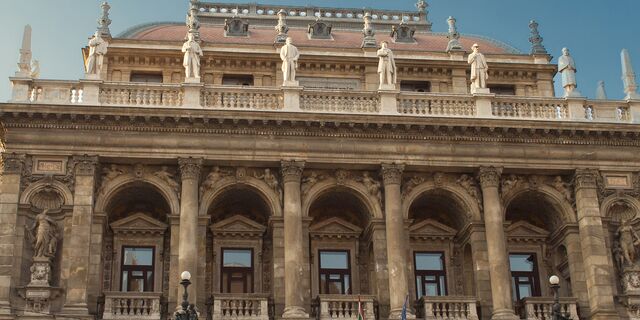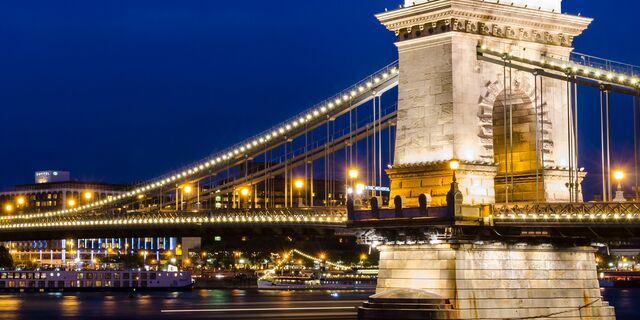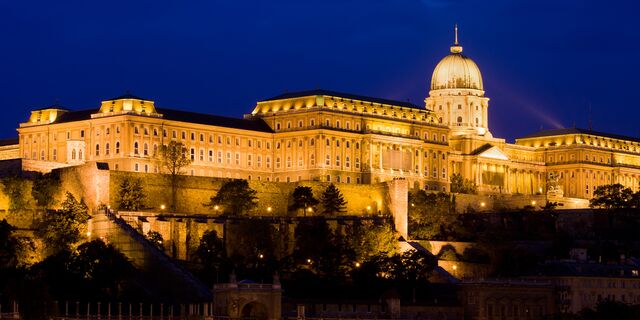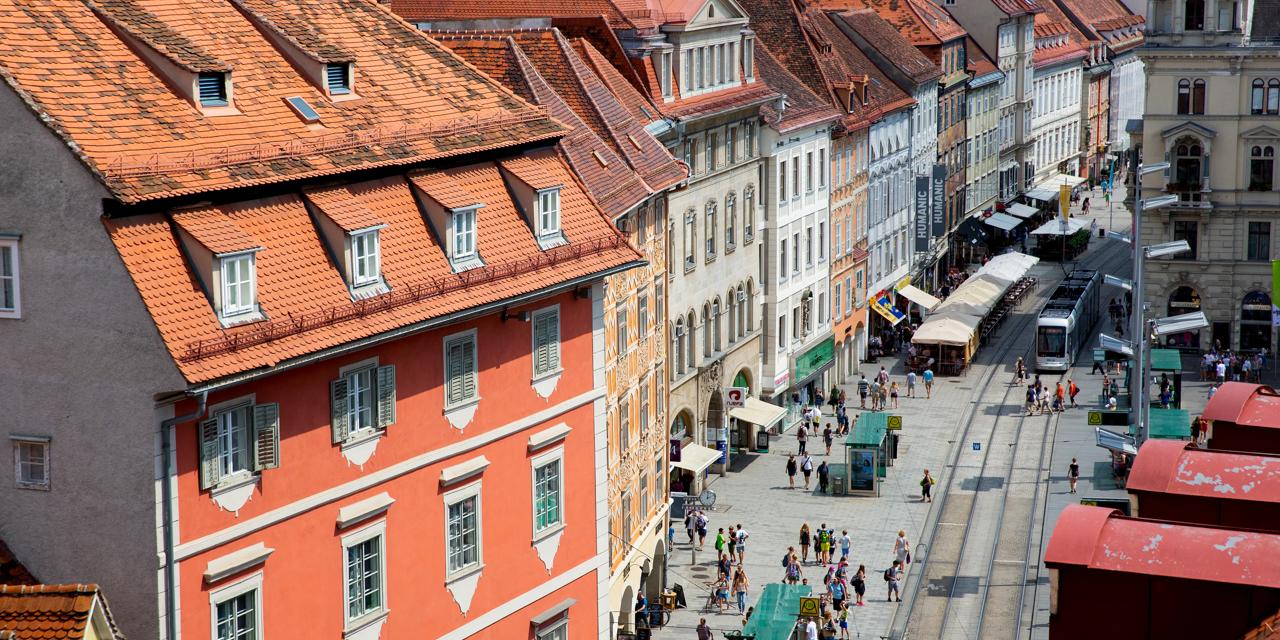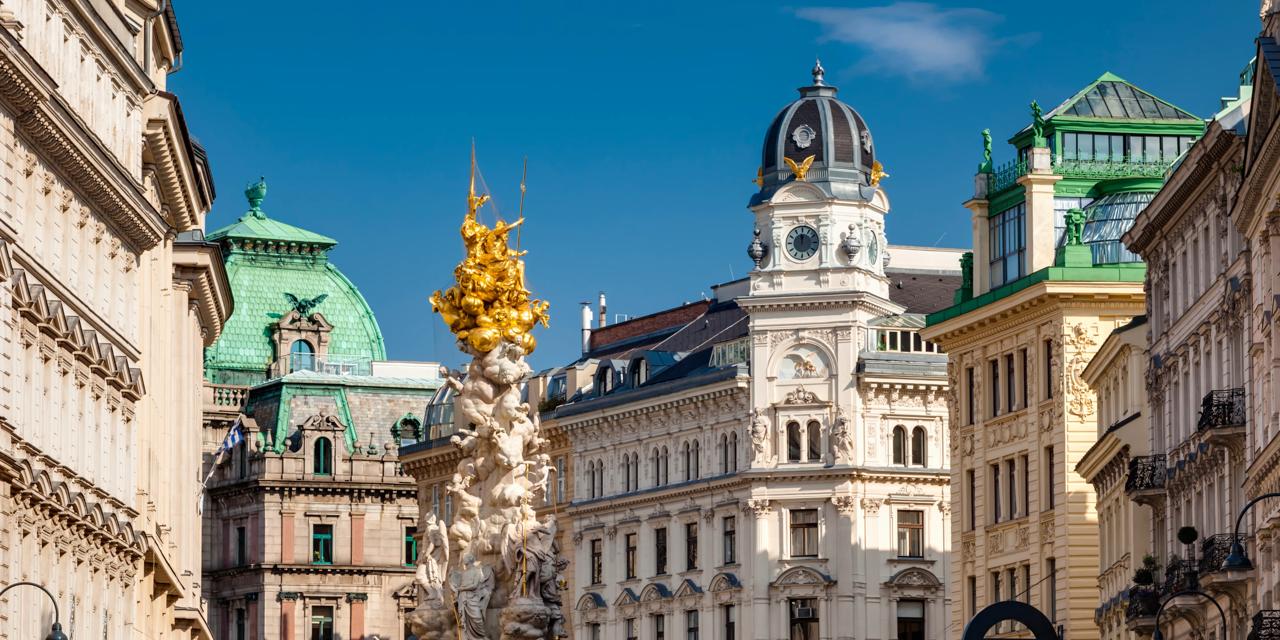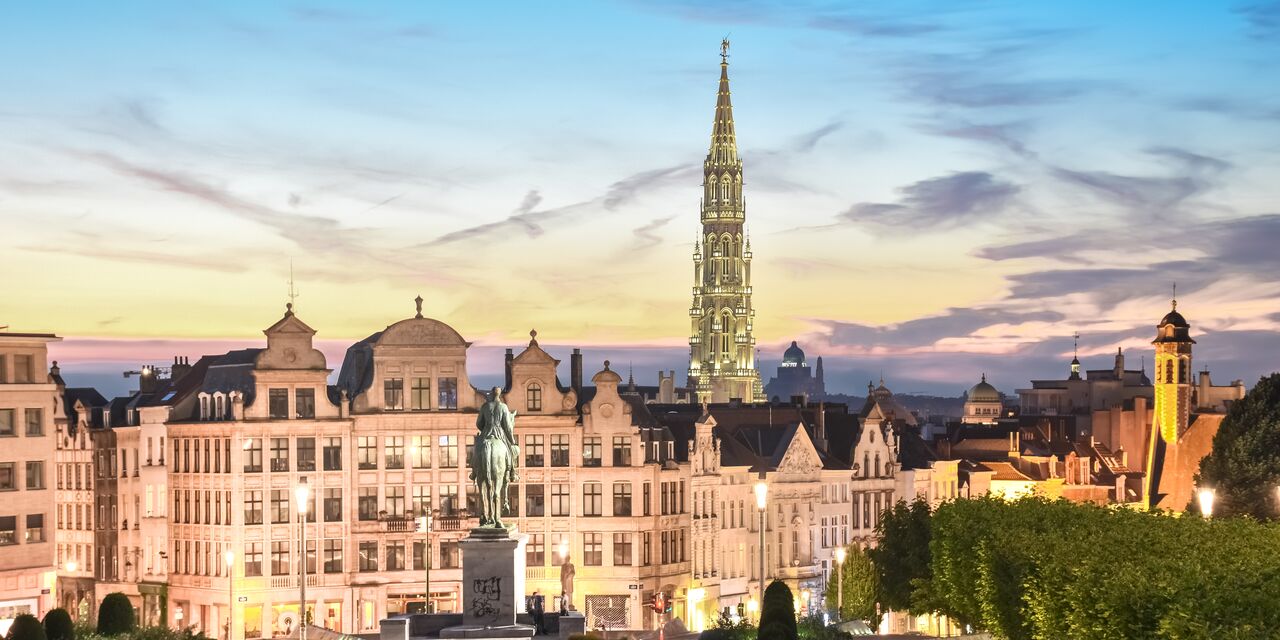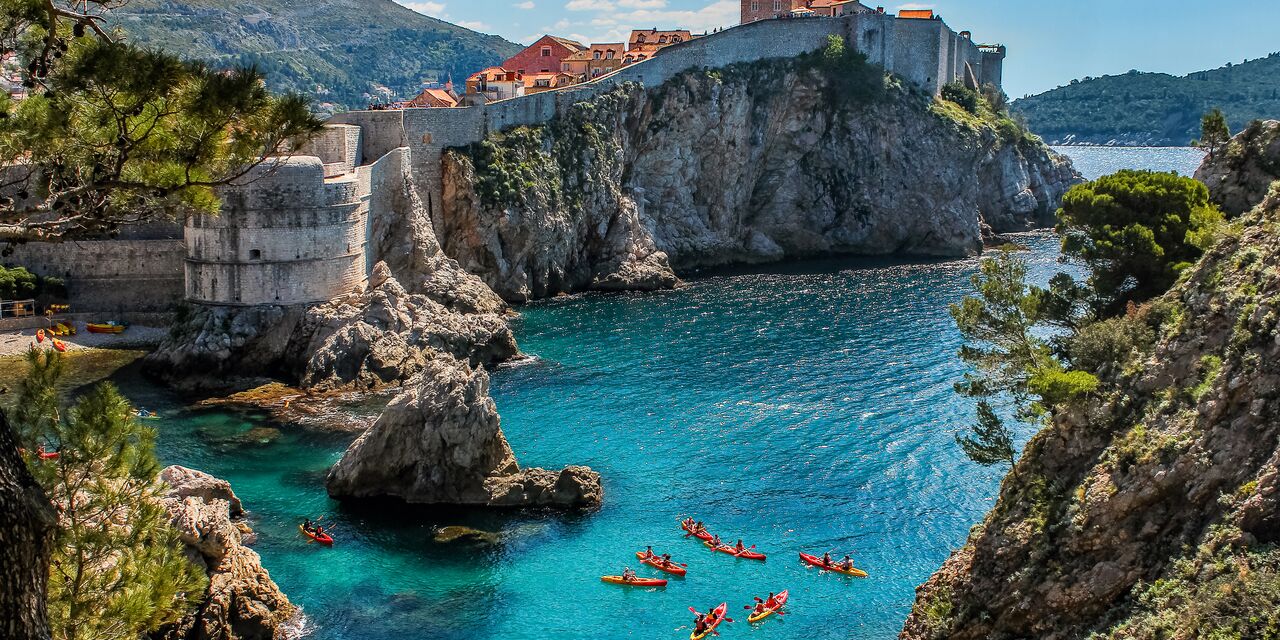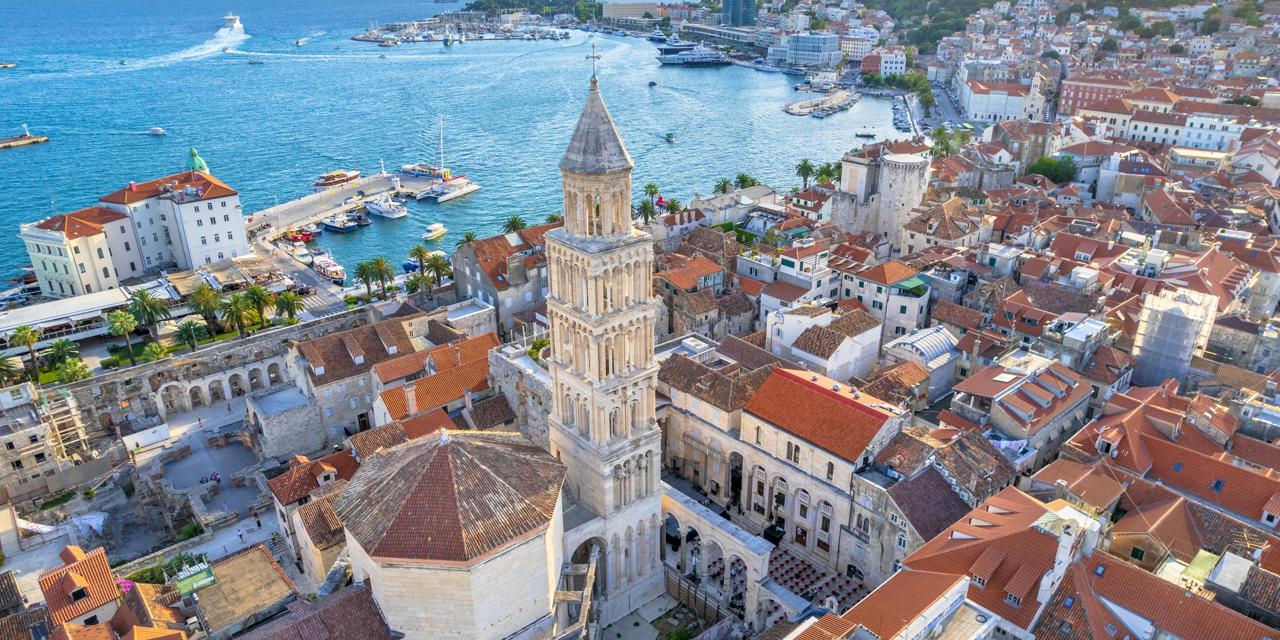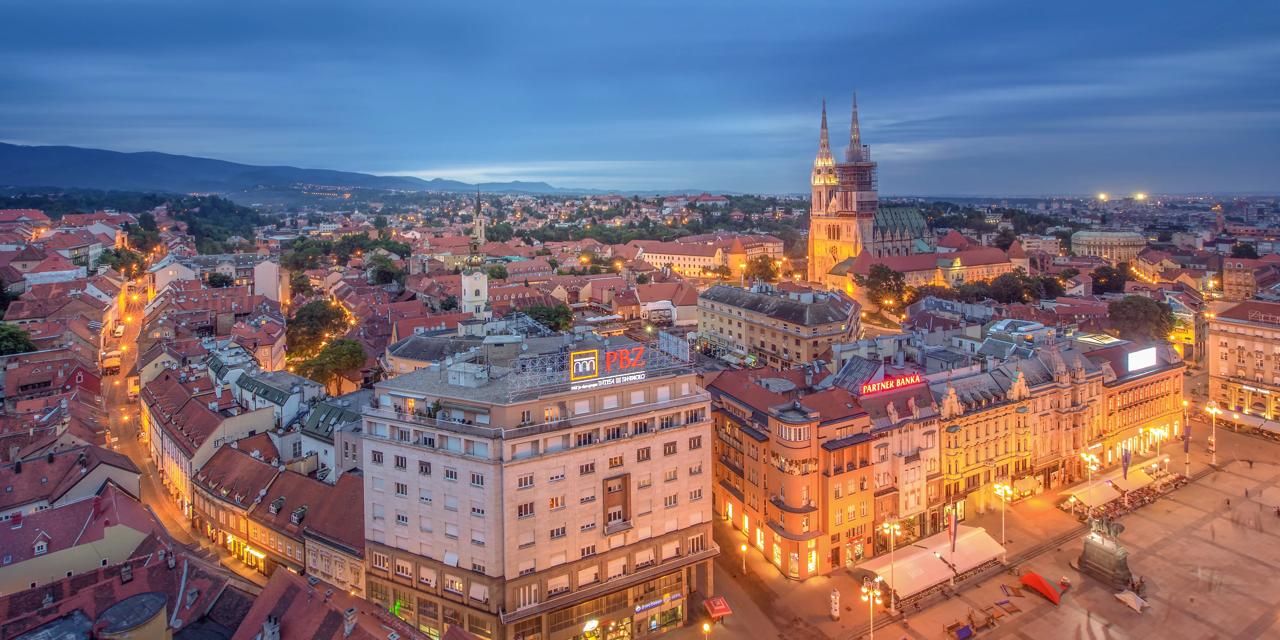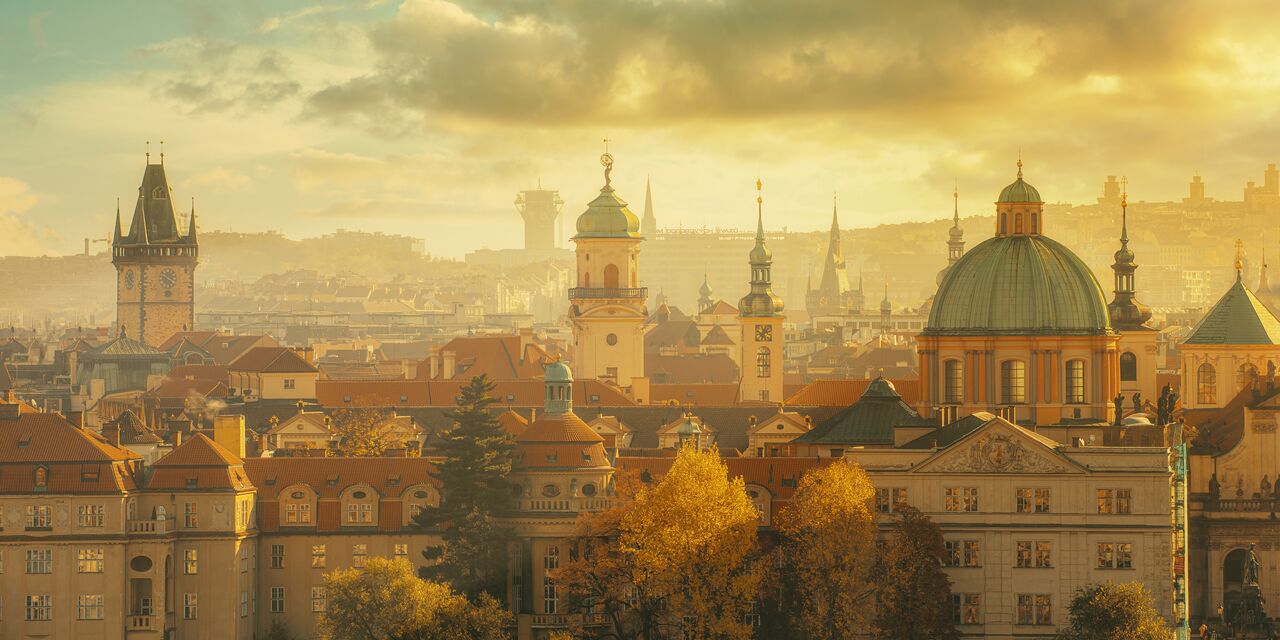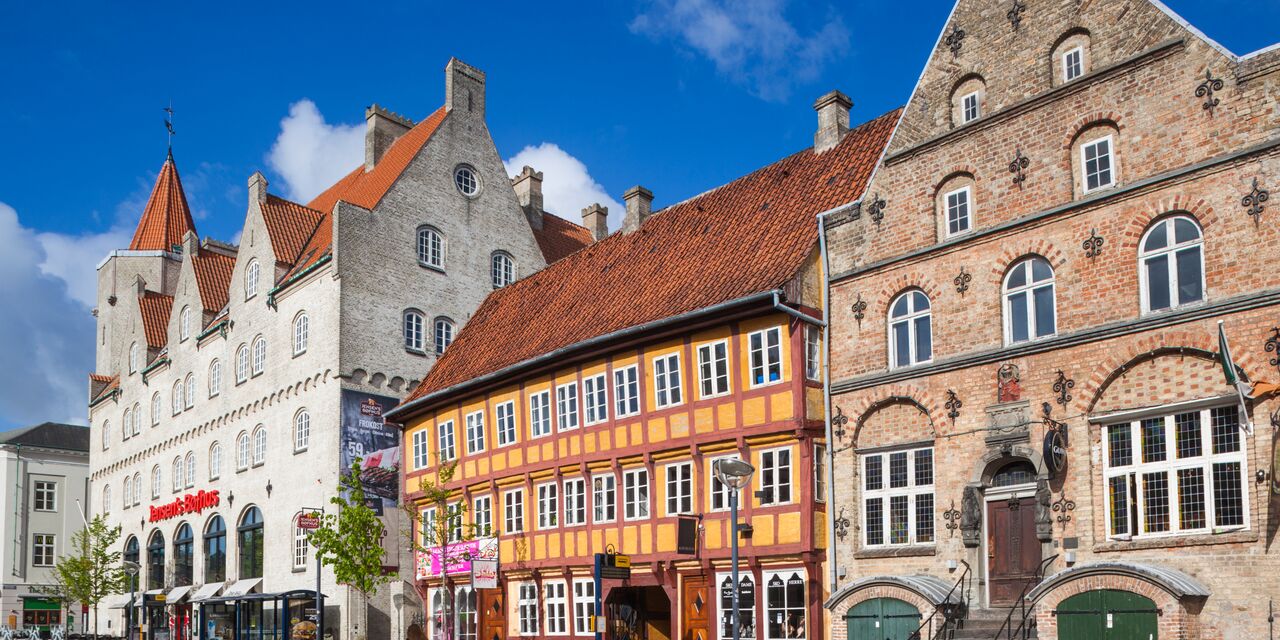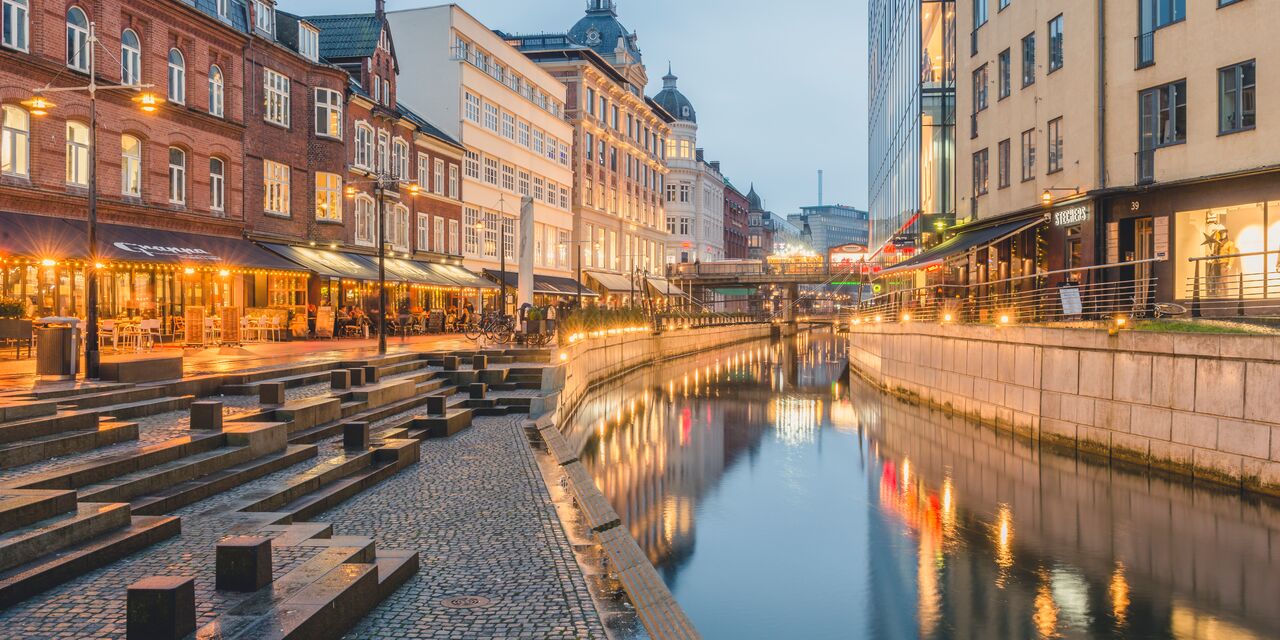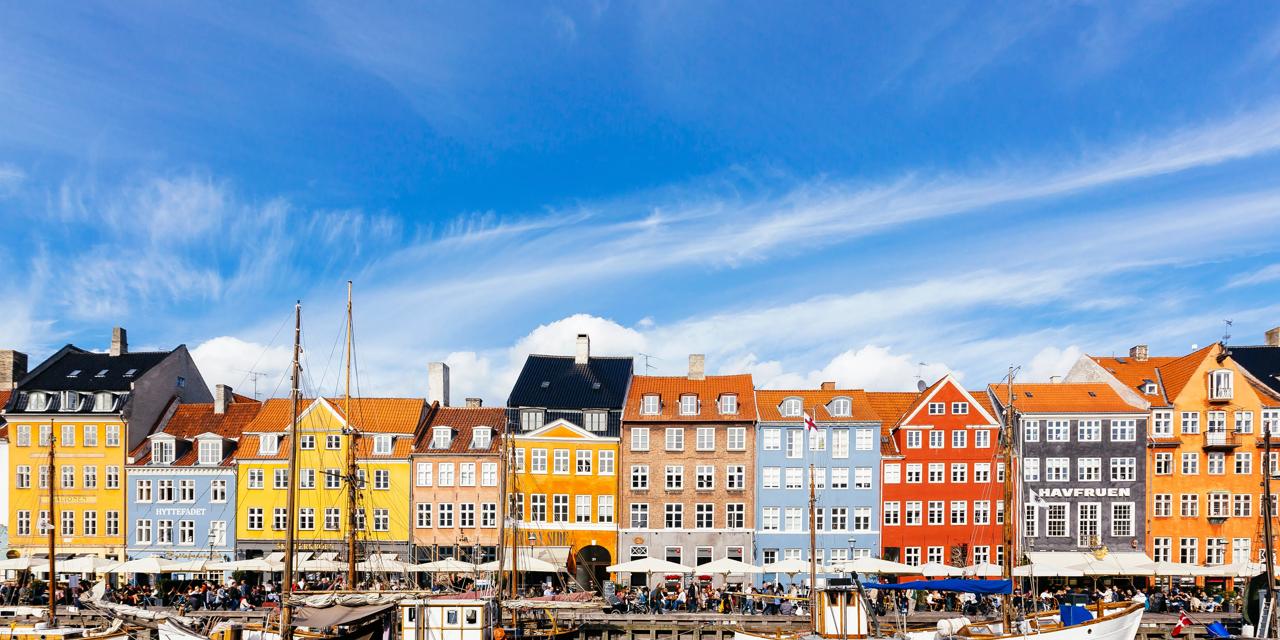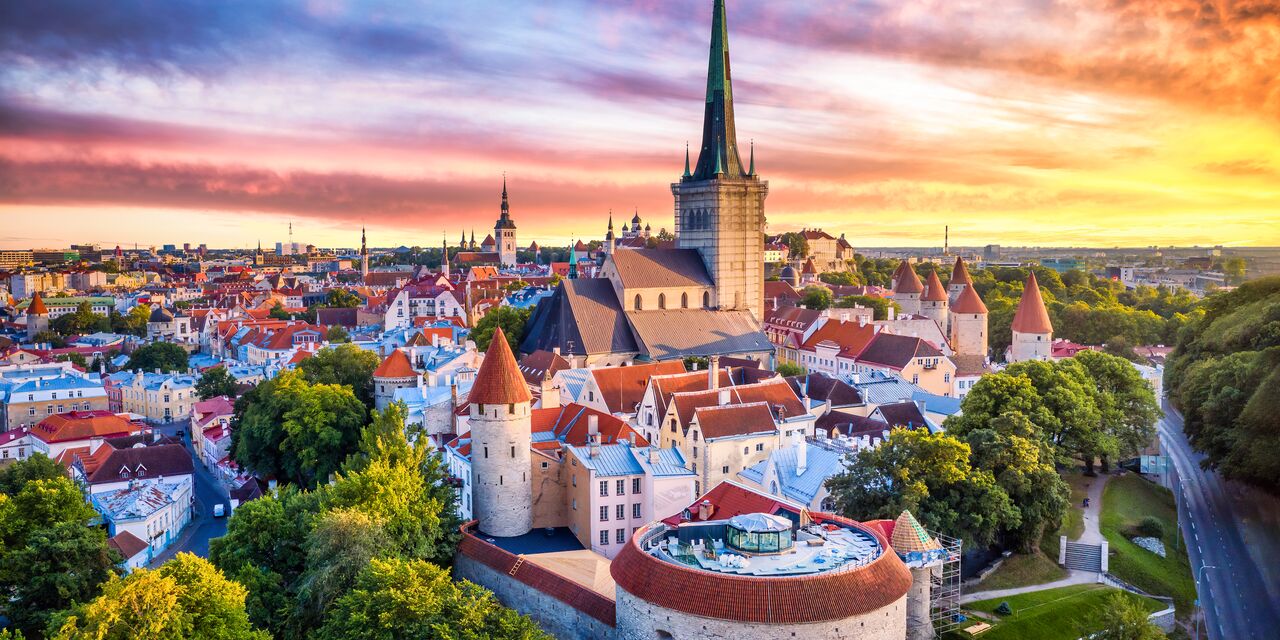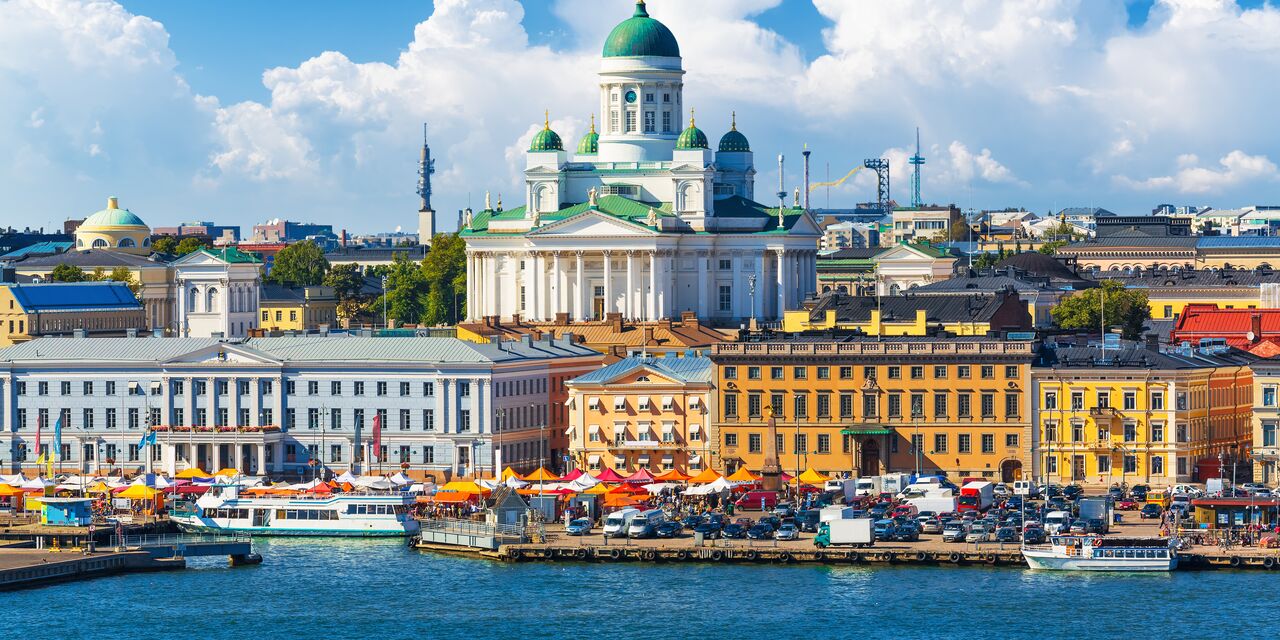Symbol of Hungarian pride
Hungary underwent quite a few changes at the end of the 19th century. The country became more independent from Austria, and the cities of Buda and Pest were united to form the capital Budapest. The only thing missing was an adequate Parliament Building. The Hungarian poet Mihály Vörösmarty famously stated: “The nation lacks a home.” In 1882, Emperor Franz Joseph and the Prime Minister of Hungary announced a prize for the best design which was won by architect Imre Steindl. Construction began in 1885 and lasted 13 years. While Steindl combined different stylistic elements, his design is so symmetrical that the eclecticism isn’t very apparent. The interior even has neo-Byzantine influences, as can be seen in the stairwell with the Corinthian columns and huge ceiling fresco. One of the best rooms is the hexadecagonal domed hall, the grandeur of which is reminiscent of a cathedral. Here, 16 elevated statues of Hungarian kings and heroes look down on the visitors below. The confidence they exude gives a fine picture of the growing independence of Hungary and, one assumes, increasing pride of the inhabitants of Budapest during this period.
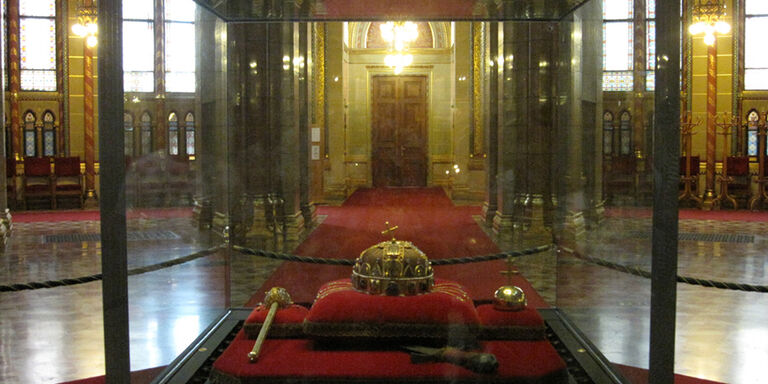
The Hungarian crown jewels
The majestic domed hall houses the Hungarian crown jewels: the sceptre, the orb and the Holy Crown of Hungary, which is said to have been worn by the first King of Hungary Stephen I. The upper part of the crown was supposedly provided by Pope Sylvester II for the first coronation in the year 1000. The lower part may be Byzantine and dates from the 11th century. The crown has been through many adventures: it has repeatedly been stolen and battles have raged because of it. After World War II, the crown jewels were hidden at the United States Bullion Depository in Fort Knox so that they wouldn’t fall into Soviet hands. President Jimmy Carter brought them back to Hungary in 1978.

